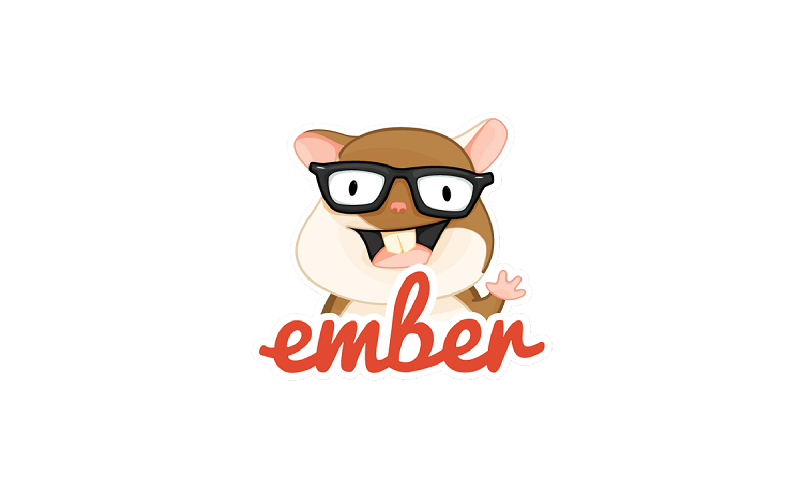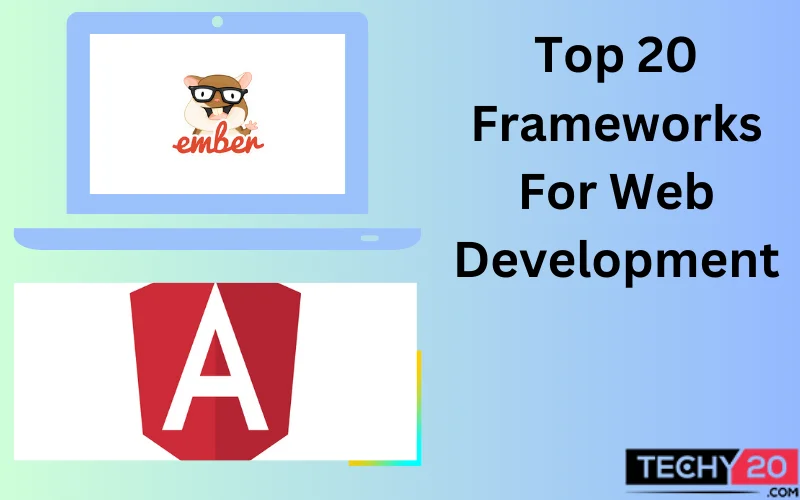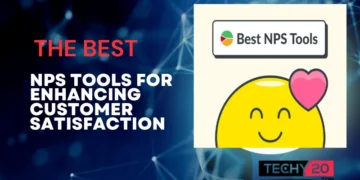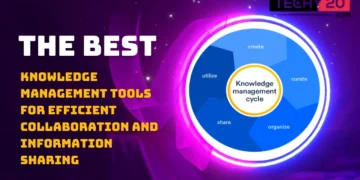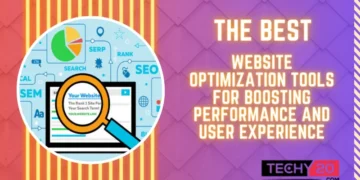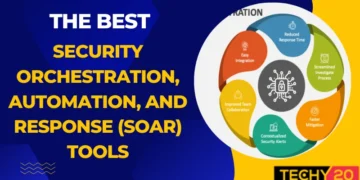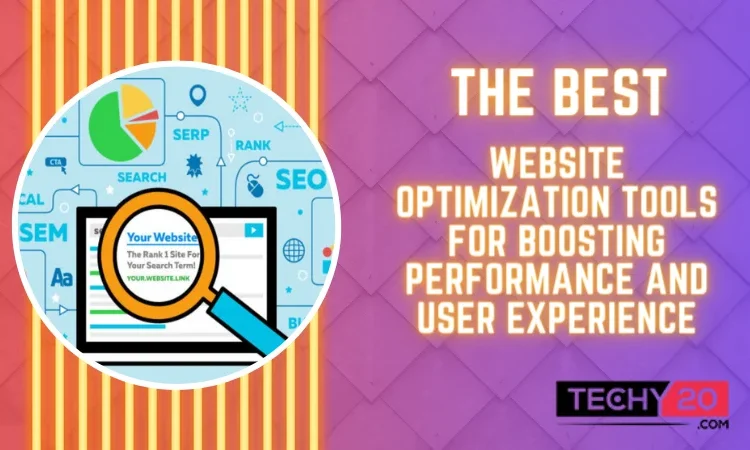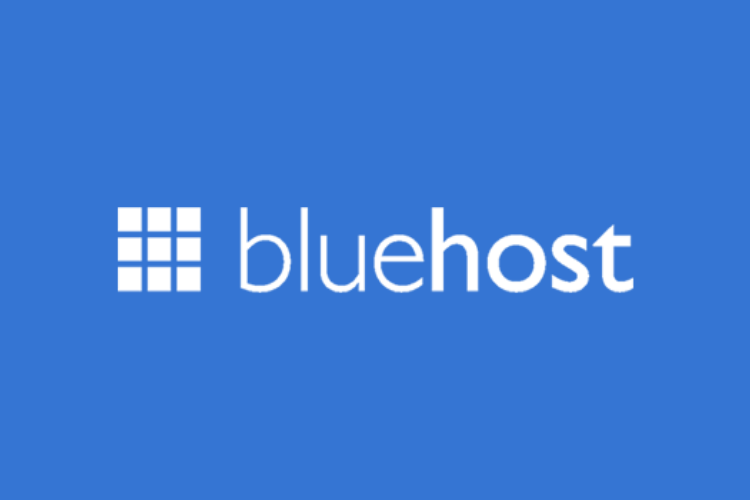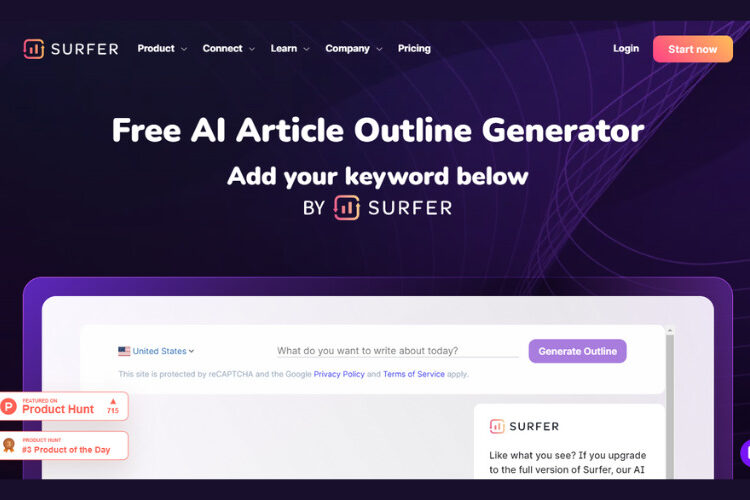A set of tools and resources that are used by software designers and developers to create and manage websites, web applications, and web services are known as the web development frameworks. The main aim of these frameworks is to offer a typical structure to the software developers that help them to save their time. The web development frameworks are of two types – front-end frameworks and back-end frameworks. Here in this article, we have come up with some useful web development frameworks for software developers.
1. Spring
Spring is the most popular open-source web development framework for building web applications that are of enterprise level. It offers a complete configuration and comprehensive programming model for present-day Java-based applications of enterprise with a wide range of features like data access, dependency injection, etc. The developers can use the modules as per the requirement following a modular design provided by the framework.

2. Angular
An angular web framework is an open-source framework. It is mainly designed for singular web pages that use MVC architectural patterns. It is a front-end framework that deals with web pages. It keeps the detailed documentation updated by Google and allows the integration of third parties that improves the functionality of the websites.

3. React
React is developed by Facebook. It is considered one of the best web development frameworks by developers as it adopts a component-based architecture. With the help of React, the developers can develop by breaking down the complex UI into smaller components. Though this web development framework is proliferating, it has a smaller community space than others.
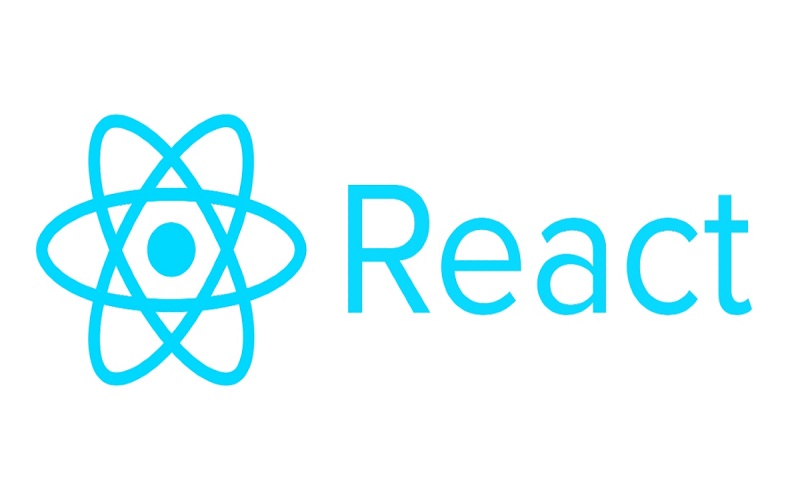
4. Grok
Grok is a Python-based open-source web development framework. The main focus of Grok is on making it efficient and easy for developers to develop web applications with less possible code and configuration. Initially, Grok was created by Zope Corporation. It is helpful for the developers as it is constantly improving and is active in the community.
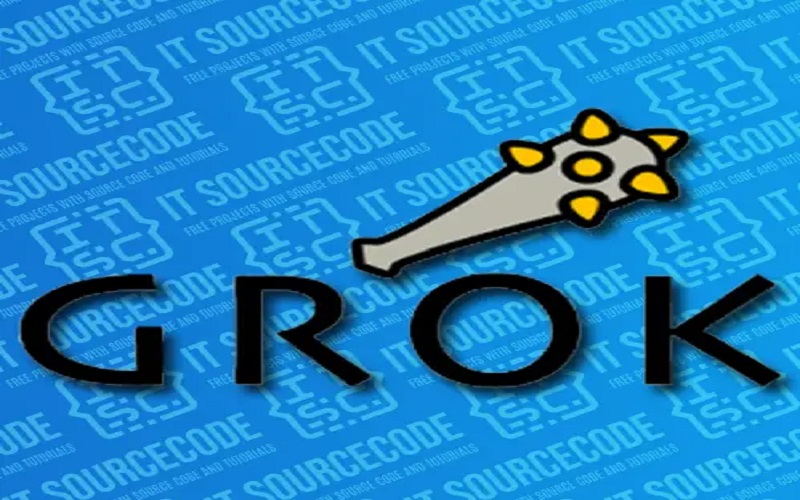
5. Node
Node is a lightweight and efficient web development framework that helps create real-time applications. It is mainly used to fulfill specific needs. It is most popular among developers due to its scalable and fast network applications. It can handle connections with high performance and high scalability simultaneously.

6. Symfony
Symfony is a PHP-based web development framework. It is suitable for the projects of complex and large-scale enterprises. The latest version (Symfony 3.1) is helpful for developers to create websites that are scalable and flexible according to business requirements. The framework is easily compatible with open-source platforms like Piwik, Drupal, and PHPBB.
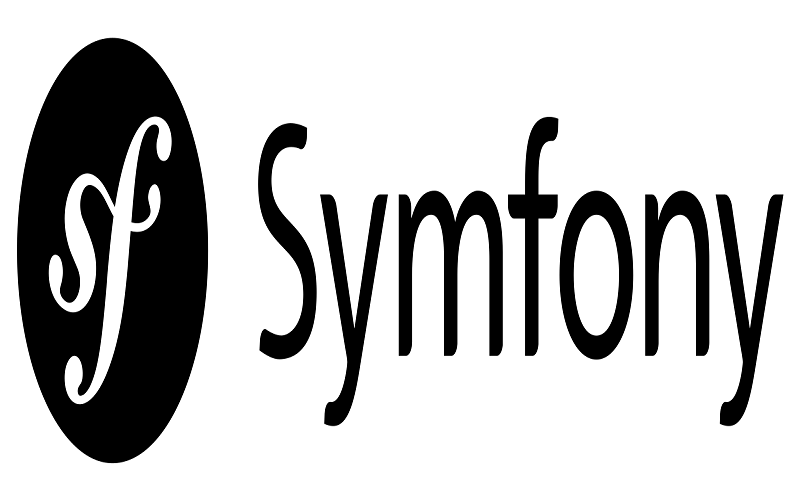
7. ASP.NET
ASP.NET is an open-source web development that is free to use and developed by Microsoft. It is one of the popular frameworks to build modern web services and applications. It is lightweight, flexible, and fast. All these features make it suitable for applications and cloud-based websites. As it is built on a .NET platform, it can support several programming languages like F#, C#, etc.
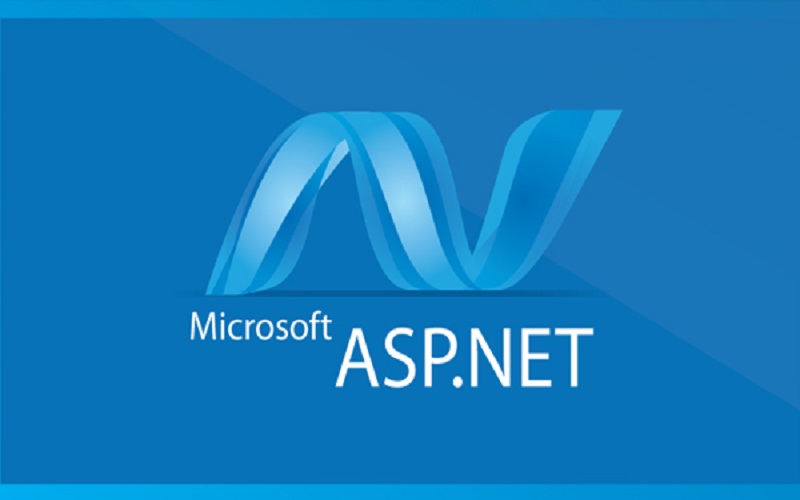
8. Laravel
Laravel is an open-source PFP web development framework that is free to build web applications. It is one of the best PHP frameworks and is powerful, elegant, and easy to use. The developers can easily extend the functionality and the features with the help of the offered tools and packages. It also provides Blade, a templating engine.

9. Django
Django web development framework is Model-View-Template and Python-based. The most reputed companies like Instagram, Google, and YouTube use this platform widely. The rapidly growing Python popularity has directly influenced the rapid adoption of Django by developers. It provides a wide variety of tools and features using which the developers can create a secure website.

10. Meteor
Meteor is full-stack JavaScript-based, an open-source, and a back-end web development framework. It provides a wide range of tools and features to build real-time applications. It allows the developers to extend and customize the features as per the need of their application and is highly extensible. It also supports server-side debugging.
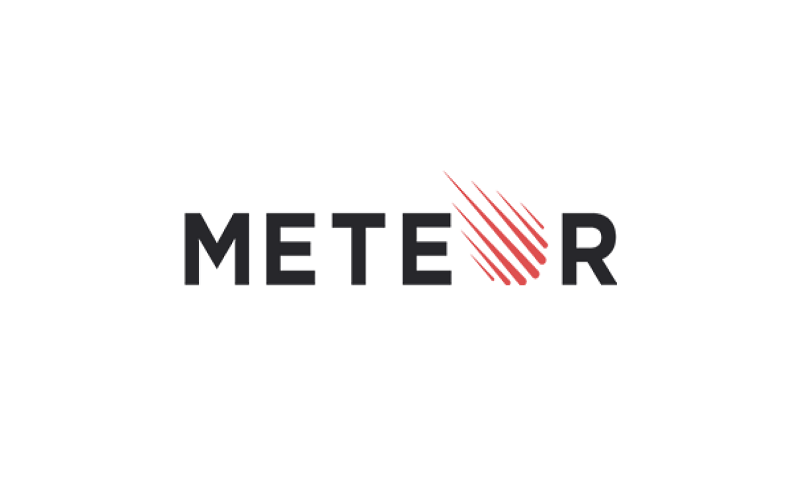
11. Ruby On Rails
Ruby on Rails or Rails is an open-source web development framework that is written in Ruby and is so popular among developers. It follows the Model-View-Controller (MVC) pattern of architecture, emphasis on convention over configuration. It offers several tools and features to build web applications, including scaffolding, RESTful routing, and database migrations.
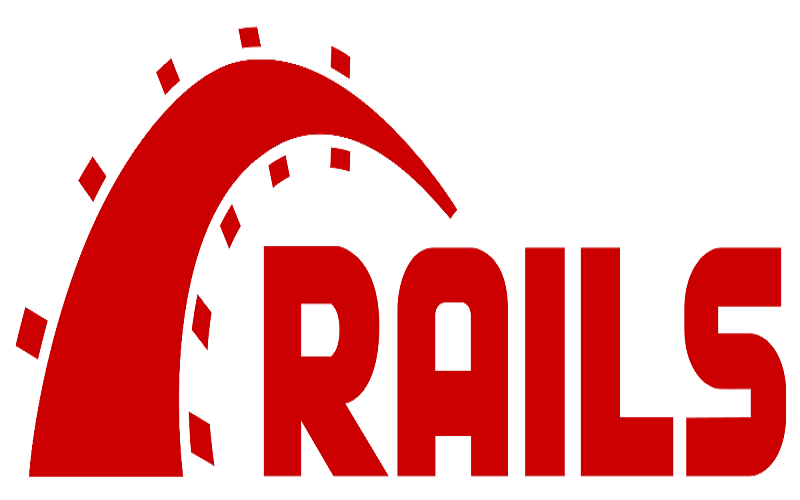
12. Phoenix
Phoenix is a back-end web development framework built with the help of Elixir programming language. It is designed so that the web applications can be made with high performance quickly. It provides a complete set of features and tools to produce high-quality, simple, or complex websites. It offers lower latency and fast response.

13. CakePHP
CakePHP is based on the PHP programming language and is an open-source web development framework. It follows an MVC architectural pattern, and offers many features and tools to build web applications easily and quickly. The features include scaffolding, APIs that can be easily used and database migrations. The developers can build secure web applications as CakePHP strongly focuses on security.
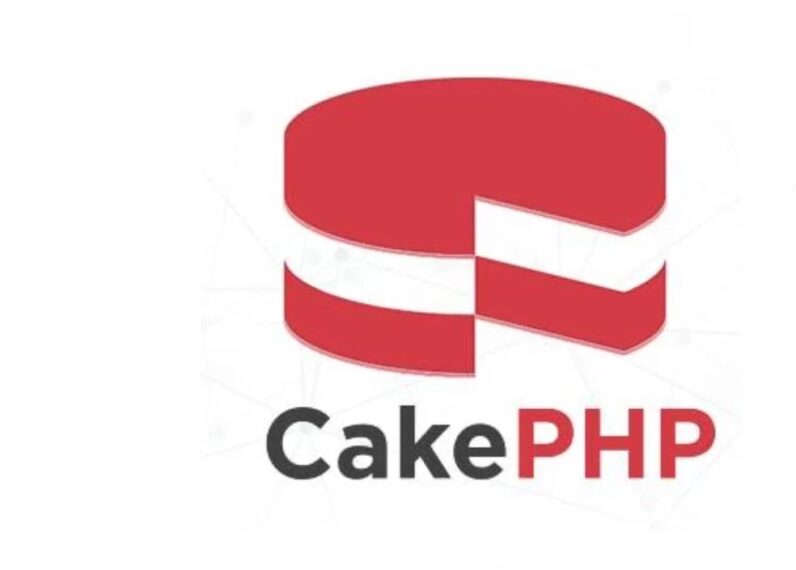
14. Koa.js
Koa.js is also designed by the same team who have designed Express.js. Koa.js is a back-end web development framework that aims to offer a robust foundation to the web apps and the API. Koa.js allows the developers to handle the occurred errors using asynchronous functions efficiently. It uses a generator that clears all the mess caused by the callbacks in the code.
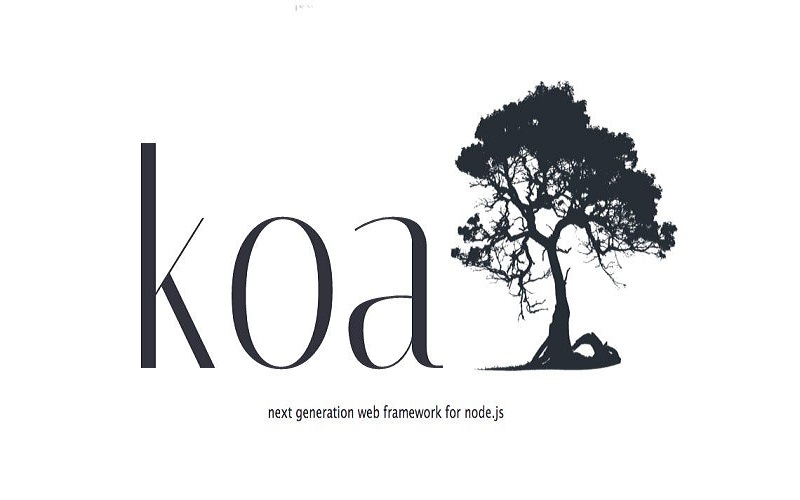
15. Foundation
Foundation also comes under the category of front-end web development frameworks. It was initially released by Zurb in the year 2011. It offers several tools and features to create responsive web interfaces. This framework adapts to screens of different sizes for building applications that work across various devices and platforms. It is easily compatible with web technologies like JavaScript, HTML, and CSS.

16. Backbone.js
Backbone.js is one of the front-end web development frameworks. It is lightweight and especially designed for web applications to provide a structure. It is based on the MVC (Model-View-Controller) pattern of architecture and is used by developers to develop responsive and dynamic user interfaces smoothly. It helps separate the concerns between the controllers, views, and data models.
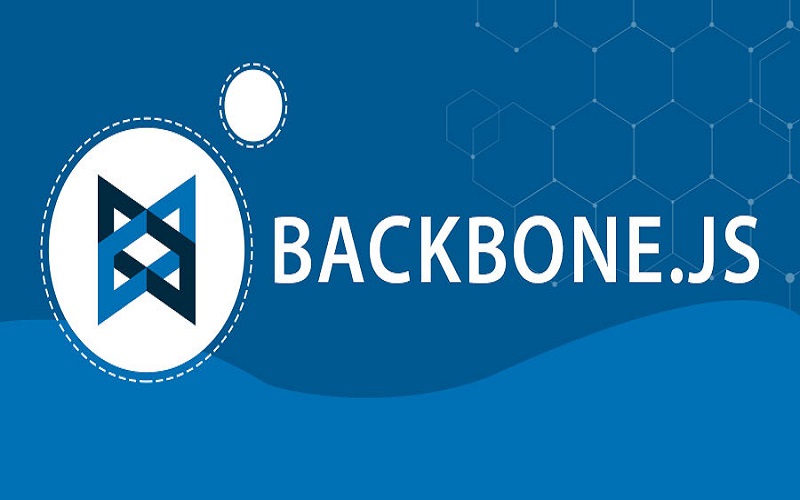
17. Semantic UI
Semantic UI is also a front-end web development framework released in 2013. Using this, the developers can build web applications that are of modern user interfaces and are responsive. It offers a collection of elements and components of UI that are pre-designed. For example – icons, forms, buttons, etc. It is can support many devices and screens of different sizes and is highly responsive.
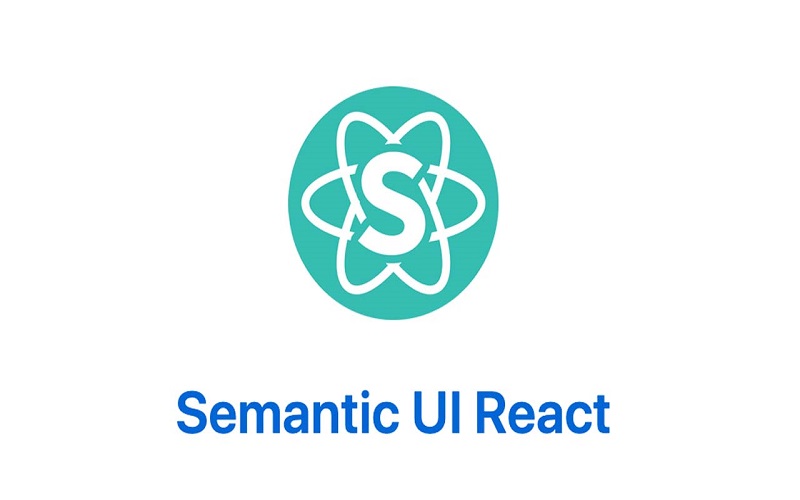
18. LitElement
The LitElement framework for web development is straightforward to use. It develops web components that work with every framework and are lighter and faster. It is most popular among developers who use lit-HTML to render in a shadow DOM. To manage the attributes and properties, it adds an API. It offers the best performance because its API is light weighted and focused.
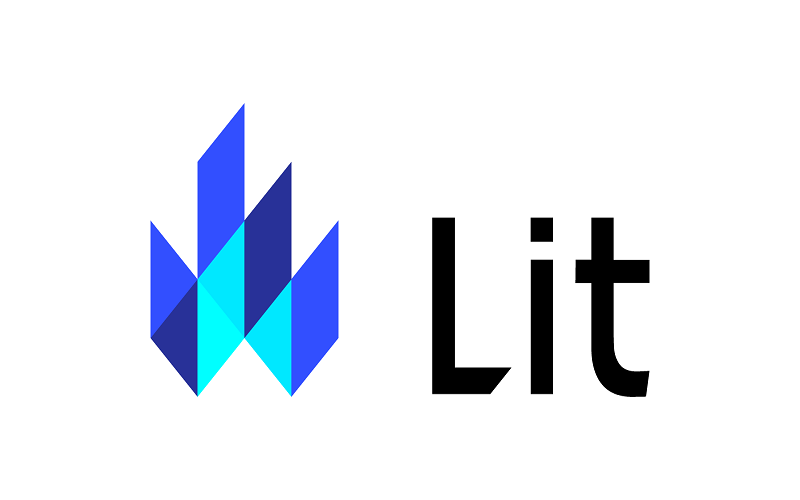
19. Alphine.js
Alphine.js is also a Javascript-based web development framework. It offers a simple approach to adding interactivity to web pages and applications. It is helpful for developers, not experienced in front-end frameworks as it is easy to learn and use. It is small in size as it is of a few kilobytes only. Additionally, it offers several tools and features to build interactive web pages.

20. Ember.js
Ember.js is a Javascript that is an open-source and front-end development framework. It is used to develop highly complex client-based web applications. It is a real-time web applications building framework that supports automated updates for user interfaces. The APIs are easy to use and learn and provide high performance. Developers get tremendous support and resources as it has a large community.
